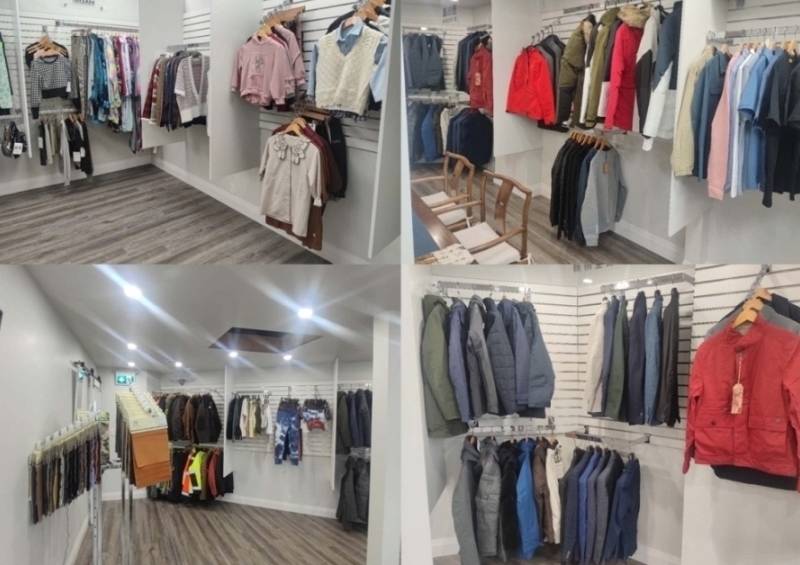Bangladesh Garment Industry Grilled By US Trade Commission

Bangladesh garment industry representatives faced tough questions on wages, labour rights and worker productivity at a virtual hearing held by the United States International Trade Commission (USITC) last week.
Bangladesh was among the five countries that export garments to the US market and were questioned by USITC Chairman David Johansson and his colleagues during the hearing.
The objective of the inquiry is to determine if any of these countries gained an unfair advantage through unethical labour practices.
The commission is also investigating how these countries have managed to garner such a large share of US clothing exports.
Bangladesh was represented by senior officials of the Commerce Ministry and the Bangladesh Garment Manufacturers and Exporters Association (BGMEA) who responded to the various questions.
The USITC was informed that workers’ wages have been increased by at least 316 percent in three phases in the last 10 years.
The production cost per unit in the apparel industry has also increased significantly. However, maintaining a competitive edge in the US market for Bangladesh requires more than just low product prices.
They were also informed that the government is trying to overcome the challenges faced by Bangladesh’s garment industry in various ways.
The Bangladeshi were asked as to whether work efficiency and productivity of Bangladesh workers is lower than that of Cambodia but still are capable of producing more goods despite receiving lower wages than in Cambodia.
“It is not possible for us to say whether Bangladeshi workers are more efficient than Cambodia. However, Bangladesh’s labour productivity is lower than that of China, Vietnam, and Indonesia,” BGMEA President Faruque Hassan replied by saying.
He further added that the Bangladeshi garment industry has heavily invested in latest technologies and so the amount of manual labour done by Bangladeshi workers is minimal.
To a query of not allowing trade unions in Bangladesh Export Processing Zones, Hassan said that there are trade unions in every EPZ clothing unit, whose names are different and union leaders too are elected through elections.
Hassan acknowledged that Bangladesh is among the few clothing exporters that has done fairly well in garment exports to the US in the past 20 years.
Hassan also added that Bangladesh’s unit price to the US was $2.74 in 2017, which increased to $3.23 in 2023 or by just 17.88 percent over a period of seven years.
Speaking on wages, the BGMEA President said that workers wages have increased 652 percent since 2010 and that the basic-gross wage ratio has also increased from 51.25 percent to 53.60 percent.
Apart from this probe, Bangladesh will also get an opportunity to offer written statements till March 24. The commission is expected to submit its investigation report to the USTR by August 30.















